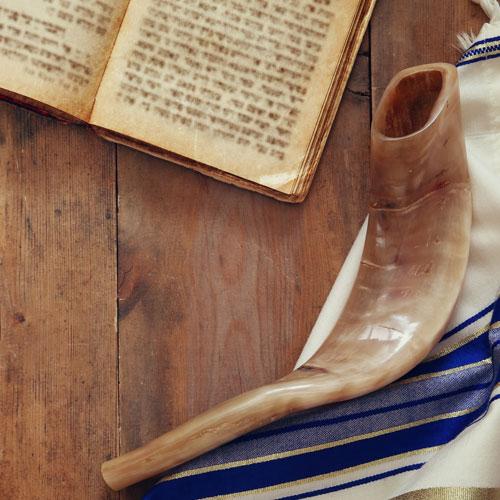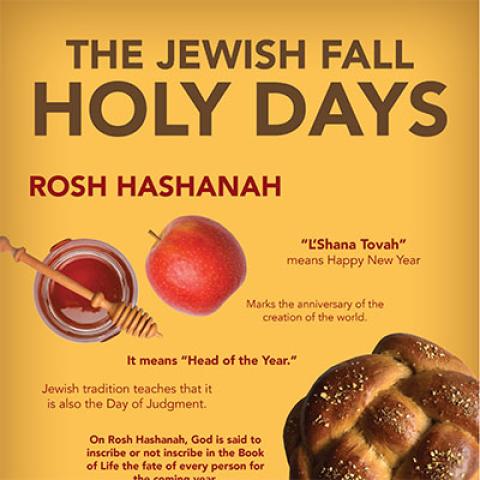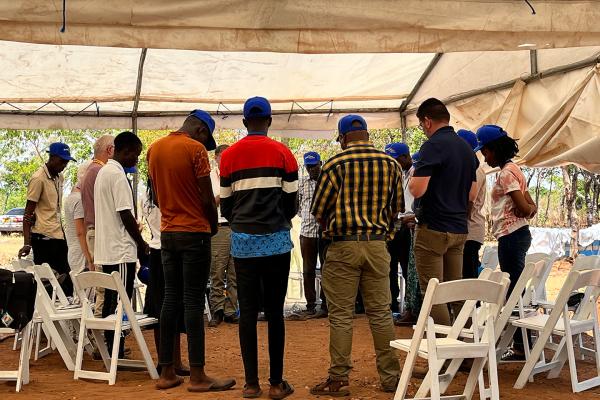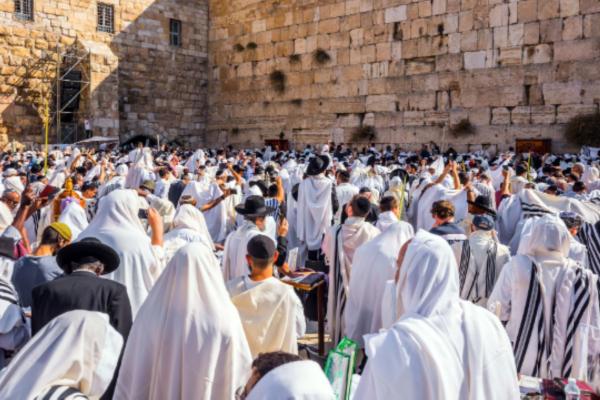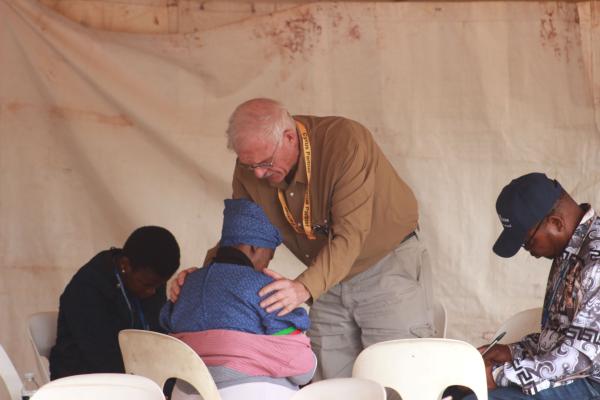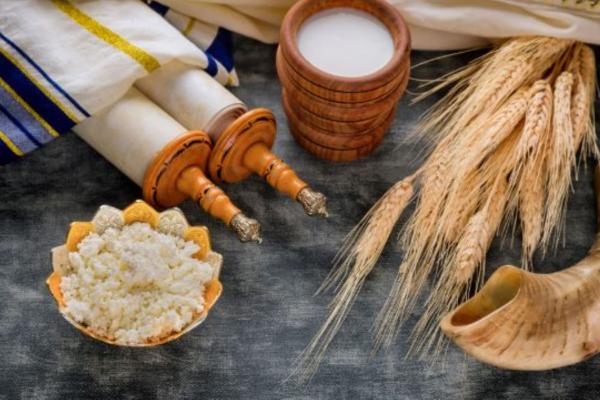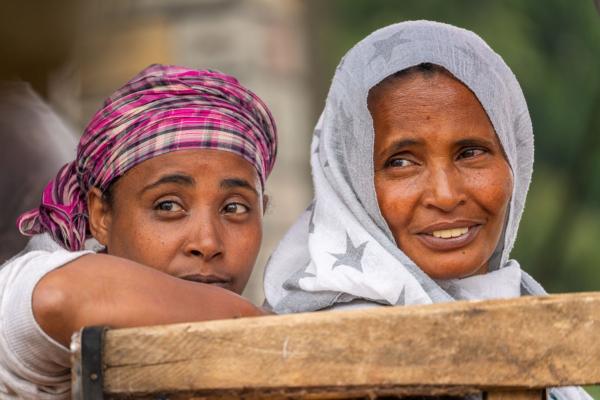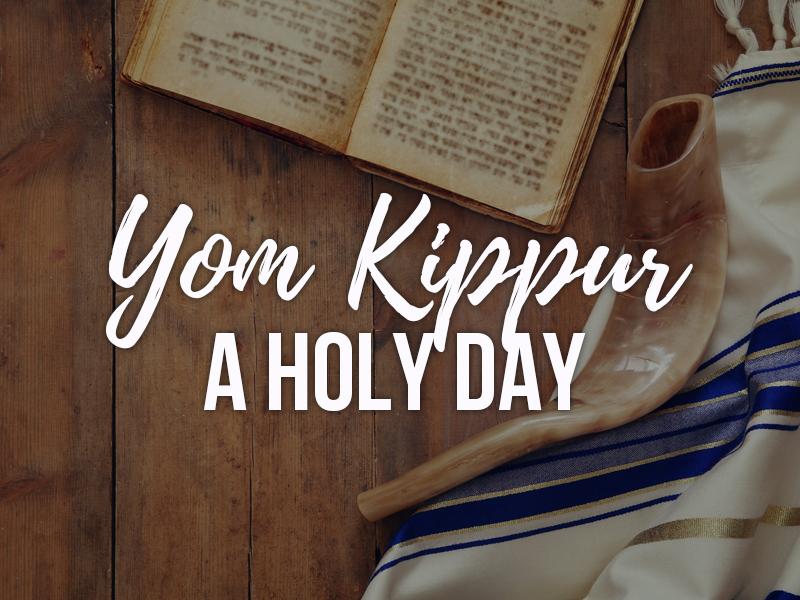
Yom Kippur (YOHM Kip-POUR) is the holiest day of the Jewish Year. It is the Day of Atonement and one of the biblically commanded Feasts of the Lord. Yom Kippur is a solemn occasion focusing on our deep need for forgiveness and covering for our sin.
During the days of the tabernacle and Temples, it was the one day of the year when the high priest entered into the Holy of Holies. He came bringing the blood of sacrifices, first for his own sins and those of his family, then for all Israel.
The Holy of Holies was a curtained-off area of the tabernacle or Temple containing the Ark of the Covenant and the very presence of God. If the priest did not do his service according to God’s commands, he could die. Sin is serious to God, and the Day of Atonement is a serious day.
Jewish people prepare for Yom Kippur during the 40 days preceding it. Beginning in the Hebrew month of Elul, Jewish hearts turn inward with self-examination before God to identify, confess and repent of their sins.
Jewish tradition teaches that on the first day of the month of Tishrei – which is Rosh Hashanah, the “head of the year” – God pronounces judgment on each Jewish person for the following year. Ten days later, at Yom Kippur, He seals it.
The period between the two holidays is known as the Days of Awe, and during them, introspection reaches its most intense of the season, culminating on Yom Kippur.
Biblical instructions for observing the Day of Atonement are found in Leviticus chapters 16 and 23 as well as Numbers chapter 29. They include four things. We are to:
-
Come together in a sacred assembly
-
Bring sacrifices and offerings
-
Do no work
-
Afflict ourselves
The Bible is not specific regarding what it means to afflict oneself. Jewish people fast from food and water for 25 hours at Yom Kippur and also abstain from various pleasures. They do no work on Yom Kippur, and it is the most important day of the year to attend synagogue.
The final element of observing the Day of Atonement has not been possible for nearly 2,000 years. When the Second Temple was destroyed in 70 A.D., the sacrificial system ceased. Today’s Judaism substitutes Temple sacrifices with prayer, repentance (teshuvah, teh-SHOO-vah) and tzedakah (tzeh-DAH-kah), which means works of righteousness or charity.
Messianic Jews observe Yom Kippur with fasting, prayer, abstaining from work and attending congregational services. Messianic Jews recognize that Yeshua (Jesus) has made complete atonement for our sins. His blood not only makes available a covering for sin but is also able to cleanse our conscience (Hebrews 9:13–14). The names of those who believe in Him and receive His sacrifice are sealed in the Book of Life through the Holy Spirit.
For Messianic Jews, Yom Kippur is a solemn day to acknowledge the high cost of our sin and stand before God in humble gratitude for His provision of forgiveness, cleansing and eternal life through the Messiah Yeshua.
This year, Yom Kippur begins at sunset on Tuesday, September 18 and ends at sundown Wednesday, September 19.
Get the Fall Feasts Infographic
Discover the meaning and wonder of Rosh Hashanah, Yom Kippur, and Sukkot with this specially designed infographic.



